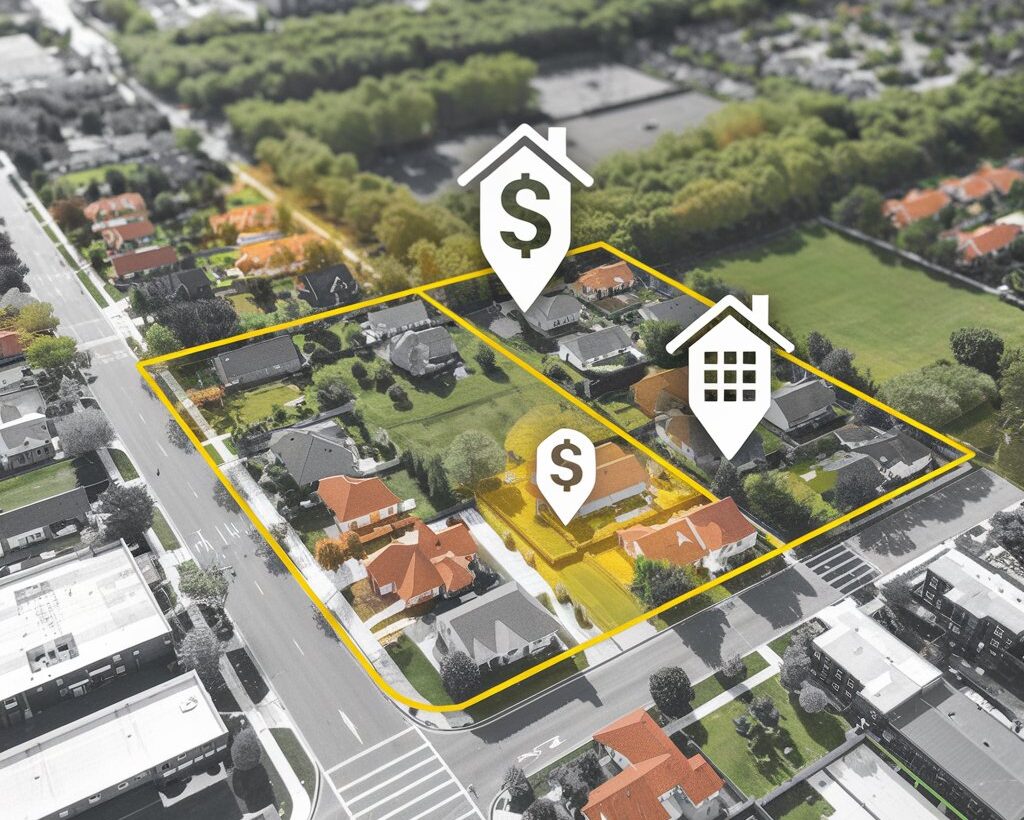The real estate market can be competitive, especially when it comes to seller leads. For realtors in the U.S., understanding where to find motivated sellers and how to convert them into clients is key to long-term success. In this guide, we’ll explore proven strategies to help you generate, nurture, and convert seller leads consistently, using both traditional and digital approaches.
Why Focusing on Seller Leads is Crucial for Realtors
Seller leads are often more valuable than buyer leads for several reasons. First, a single seller can lead to multiple transactions, especially if they need help finding a new home after selling. Second, listings bring visibility; with every “For Sale” sign you put up, your brand becomes more recognizable. Lastly, focusing on seller leads enables you to have more control over your inventory and set the pace for your sales pipeline.


Identifying Your Ideal Seller Leads
Not all seller leads are created equal. To maximize your efforts, start by defining your ideal seller profile. This might include homeowners who have been in their properties for a certain number of years, those in rapidly appreciating areas, or owners of distressed properties. Understanding the motivations behind why people sell – whether downsizing, relocating, or looking for an upgrade – will help you tailor your approach.
Top Strategies for Generating Seller Leads
1. Leveraging Your Sphere of Influence
Your network is one of your most valuable assets. Keep in touch with past clients, friends, and family who may know someone looking to sell. Regular check-ins via phone calls, emails, or social media can help you stay top of mind when someone in your sphere decides to sell.
2. Hosting Local Community Events
Position yourself as a local expert by hosting community events such as home-buying or home-selling seminars. These events provide an excellent opportunity to connect with homeowners in a non-sales environment, building trust and familiarity.
3. The Power of Direct Mail Campaigns
Direct mail may seem outdated, but it remains an effective tool for reaching sellers, especially in specific neighborhoods. Sending out postcards or letters to homeowners in your target areas, offering a free home valuation or market analysis, can spark their interest in selling.

Maximizing Digital Marketing for Seller Leads
1. SEO for Seller Leads
An optimized website can be a lead-generating machine. Focus on creating content tailored to sellers, such as blog posts on preparing homes for sale or navigating the closing process. Use keywords like “sell my home in [city]” or “real estate agent for home sellers” to ensure your content ranks highly on search engines.
2. Using Google Ads and Facebook Ads
Paid ads are a quick way to capture seller leads. Google Ads allow you to target individuals searching for terms like “sell my house fast” or “realtor near me,” while Facebook Ads can be tailored to reach homeowners in specific neighborhoods or demographics.
3. Social Media Engagement: Tips and Best Practices
Engage with your audience on platforms like Facebook, Instagram, and LinkedIn by posting regular updates on the housing market, home-selling tips, and success stories. Share local market trends to appeal to homeowners considering selling, and encourage them to reach out for a consultation.
Nurturing and Converting Seller Leads
1. Follow-Up Tactics That Work
Once you’ve captured a lead, consistent follow-up is key. Studies show that it takes multiple touchpoints to convert a lead into a client. Use a combination of phone calls, emails, and texts to keep communication lines open. Consider drip campaigns to nurture cold leads until they’re ready to sell.
2. Building Trust and Credibility
Homeowners want to work with someone they trust. Share testimonials from satisfied sellers, provide valuable market insights, and demonstrate your local expertise. Offering free services like a home valuation or staging consultation can also build trust and motivate sellers to work with you.
Utilizing Real Estate Platforms and CRMs to Stay Organized
1. Best CRMs for Managing Seller Leads
Customer Relationship Management (CRM) tools like Follow Up Boss, LionDesk, or Contactually can help you track your leads and ensure no opportunity slips through the cracks. Automate your follow-ups, keep notes on each client, and organize your pipeline for maximum efficiency.
2. Using Zillow and Realtor.com for Seller Lead Generation
Many sellers turn to online platforms like Zillow and Realtor.com to get a feel for the market. Advertise your services on these platforms to capture motivated sellers actively researching the market. Ensure your profile is optimized and includes clear calls to action for sellers.
Networking and Referrals: The Traditional Yet Effective Approach
Referrals from past clients and professional contacts remain one of the best sources of seller leads. Always ask satisfied clients for referrals, and consider building relationships with other professionals like mortgage brokers and contractors who can refer sellers to you.

Leveraging Open Houses for Seller Leads
Open houses can attract not only buyers but also potential sellers curious about the local market. Use open houses as a way to demonstrate your expertise, showcasing your ability to sell homes quickly and efficiently.
The Role of Content Marketing: Blogs, Videos, and Email Campaigns
Content marketing is a powerful tool for establishing your expertise. Regular blog posts, instructional videos on YouTube, and informative email campaigns can all help attract sellers. Share tips on how to increase a home’s value, market trends, and case studies of successful sales to position yourself as a knowledgeable realtor.
Tracking and Measuring Your Success
It’s essential to track the success of your lead-generation efforts. Use tools like Google Analytics, Facebook Insights, and your CRM’s reporting features to monitor how well your campaigns are performing. Adjust your strategies based on what’s working to continuously improve your results.
Common Mistakes Realtors Make with Seller Leads
Many realtors fail to follow up consistently, or they neglect to build strong relationships with potential sellers. Others may rely too heavily on one source of leads. Diversifying your lead-generation efforts and being persistent with your follow-up will set you apart.
Tools and Resources for Seller Lead Generation
There are many tools available to assist with seller lead generation, from CRM platforms like Salesforce to marketing tools like Mailchimp for email campaigns. Leverage these resources to streamline your processes and stay organized.
Conclusion
Generating seller leads doesn’t have to be a daunting task. By leveraging your network, digital marketing, and consistent follow-up, you can build a robust pipeline of seller leads and grow your real estate business. Focus on providing value, building trust, and staying organized to convert more leads into clients.


